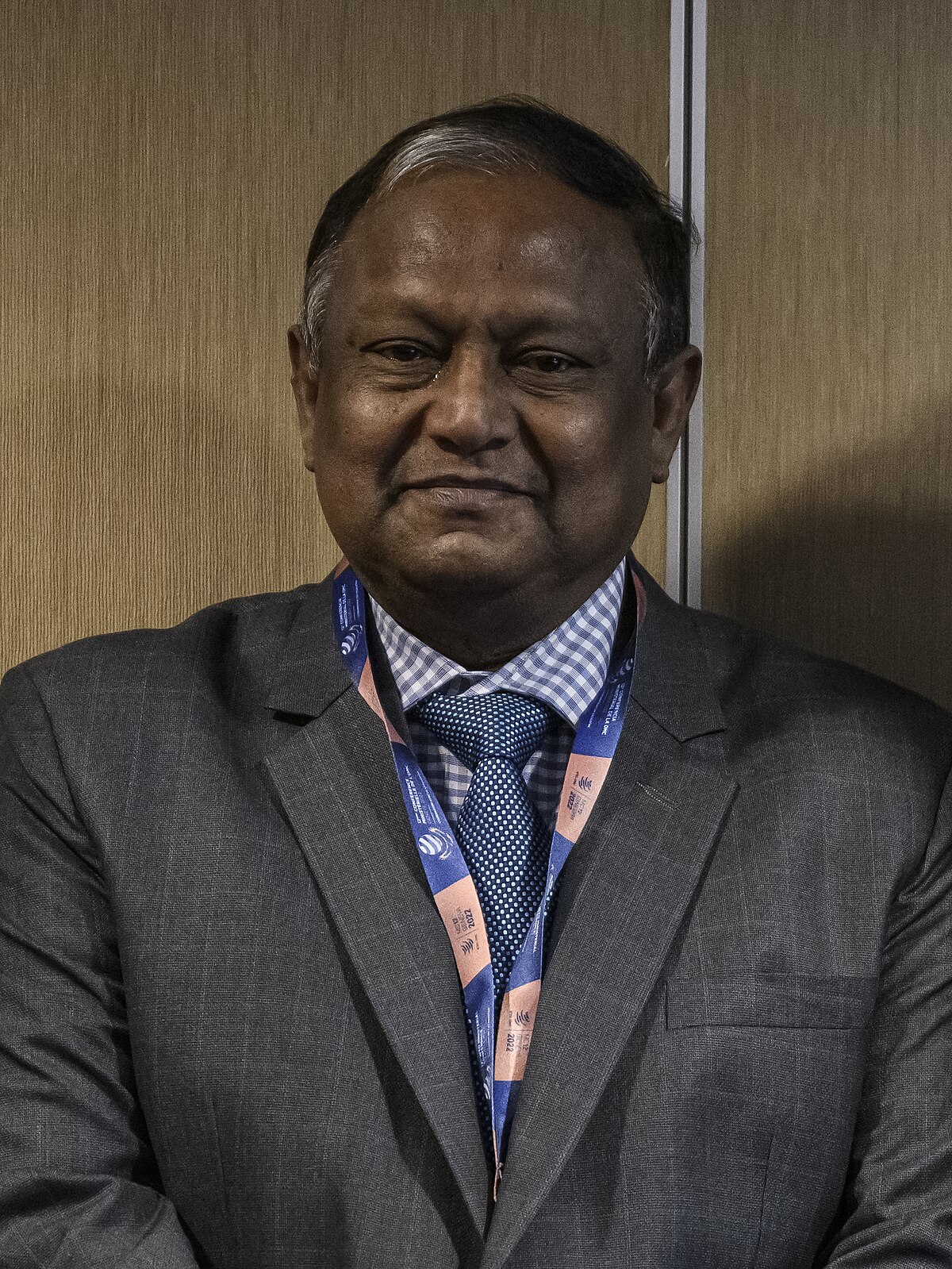It is true that manufacturing tolerances and composition of cast iron/steel items as well as strength of fasteners/bolts are suspect but they are over-engineered for desi uses (to compensate for when desi operators carry 30 tons of goods in a 20 ton capacity truck). This 20% over-engineering is generally arrived at in Pakistan by hearsay and acute first-hand observations and experience of when and where existing components like crane booms, hydraulic jacks and truck chassis/frame failures occur. For truck chassis, some components have extra gussets and cross-braces added to prevent failure in the usual places.
Which means a lot less actual failures as time goes on.
I don't see rigorous weight checks and weighing station operations becoming common in either of our three countries. In Bangladesh this is done before trucks are let on some of the newer bridges. In the West, weight checks every ten/fifteen miles in all highways are mandatory in urban areas. So in absence of weight checks - one has to ensure over engineered components to counter human greed.
Coming back to Pakistan industry - what they are doing in Sialkot and Gujranwala are the basis of a heavy and light engineering export boom.
Any heavy engineering shop supervisor in the West would agree that if these Pakistani men had a more guided education on component fabrication to abide by tolerances, and of course better automated machinery to increase production, they could easily triple their production rate while maintaining uniformity and quality using things like the Toyota QC system and there could be no possible competition to what heavy/light engg. item they could export. They are already doing wonders with the bare basics like a press brake and cutting torches and of course no CNC anything.
But I firmly believe investments in machinery and better processes will be forthcoming once Pakistanis decide to export overseas. What they produce right now is very appropriate for local consumption in Pakistan and locally tolerable price points to match. Already I am seeing older refurbished Japanese CNC machining centers being used in Gujranwala videos to speed up production.
The motorcycle components industry there is a vivid exemplar of such effort because - as
@N.Siddiqui bhai commented on, people in villages don't really care what brand a motorcycle is, as long as it runs and is reliable up to a certain standard. And if parts are cheap, then that is even better, cherry on top.
Speaking for myself, If I was price sensitive, I could honestly care less if my motorcycle sprocket wheel was made from recycled steel plate derived from a cargo ship panel, which is actually rather high quality steel in any case. And the projected use (if I drove in slow speed village roads, not the Nürburgring or autobahn) would fit it just fine.
The point is - this sort of roadside-shop-industrialization took place in the late 1800s in Japan, late 1960s in Taiwan/Korea and twenty years later in China. Japanese quality control was even worse than this in the 1960's before they got a hold of Deming and increased their QC.
Some value addition or basic value addition is better than no value addition (and being horribly import dependent) which is the scenario in Bangladesh right now for almost all heavy and light engineering products.









